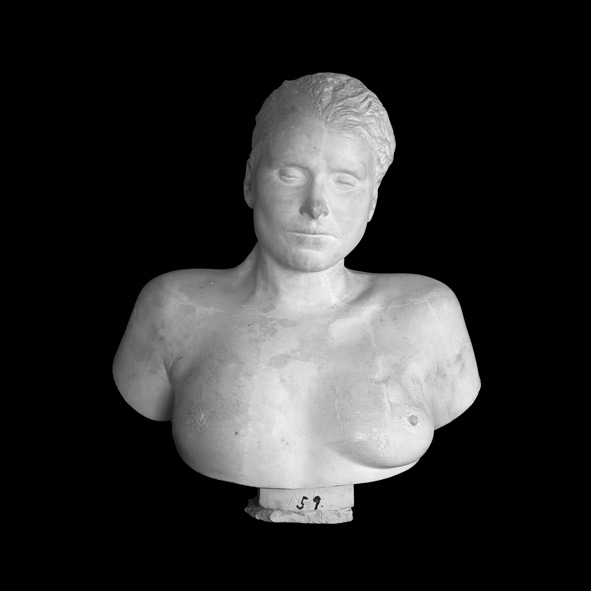
04 Nov In the course of memory. Teresa Correa
The investigation within knowledge, the constant observation, the love towards archaeology, towards anthropology, but above all the vital passion towards photography, from photography, are the essential features of the work of Teresa Correa.
In her habitat, in the world she reflects on the deepest black, the traces of the past acquire complete sense. Loads of piled bones, the funerary bundles, the image of a jaw or a hand, or the busts made with anthropologic enthusiasm, are elements which acquire a new consistency before her lens; a genuine quality of beauty that superposes empirical knowledge.
In the course of memory involves a path through her vital, as well as her artistic journey. The dialogue established from the depths of an excavation, from the attractive secret of the museum archives, with the elements that create the spatial vision of black light or, with the funerary bundles recreated in the work of Millares or, in an even riskier way, with her own image, support a continuous dialogue with photography. A dialogue where the consistency and the immateriality of the image, are established as the constant axis of her work.
If light -metaphor of knowledge- constitutes the essential substratum in her investigation process, we should not be surprised when photography is understood in its most original concept (darkness-light), a binomial that allows Correa to establish a reflexive process in terms of human condition and its role within Nature. A vital path for, since the most immediate landscapes surrounding her, as well as the space within museums -where this nature is classified, ordered and labelled- become the places where this artist strings together her entire artistic speech.
The storage within museums such as the Canarian Museum and the Tenerife Museum of Archaeology constitute the spaces of knowledge, where Correa allows herself to break the limit and reveal the “visibly hidden”. Making us dig into the collective memory, through the unveiling of Busts of Human Races, which inevitably settled the foundations of a refuted anthropologic speech, exemplifying thus a euro-centrist dominating past.
At a time like this one, where constant uncertainty prevails and all the historical memory is threatened by forgetfulness; where the dividing line becomes more obscene, systemic and unfair, Correa, as a last request, invites us to profane the image. An act of resistance, in so much as it reverts anthropological time with a boundary work, with the only intention of asking ourselves about the validity of a hegemonic obsolete speech which, tragically, settled the foundations of all racial discrimination.
A visual anthropology which, although universal, it does not stop being autobiographical.
Ángeles Alemán – Raquel Zenker






Sorry, the comment form is closed at this time.